Ten Great Opening Lines in Literature
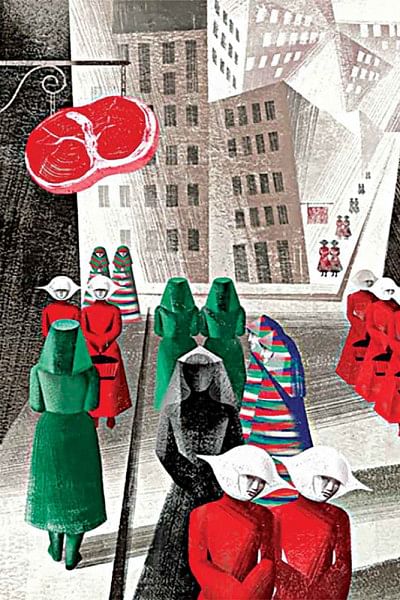
First impression is the Last impression — one might disagree but understand its importance nevertheless. Throughout literature, one can find some opening lines that define the work. Here are just some of them.
"Let us go then, you and I,
When the evening is spread out against the sky
Like a patient etherized upon a table;
— The Love Song of J Alfred Prufrock by T S Eliot
The opening is an invitation from Prufrock to his own conscience to follow him through a journey of self-examination. The perfect imagery of the "etherized" sky indicates an alteration of perceptions as well as times in his life which "spread out against the sky like a patient etherized upon a table" waiting to be examined and made right.
The lines remain to be the most powerful opening lines in English Literature because they perfectly encapsulate the image of a man's search for meaning when all his life lays bare in front of himself like an anesthetised patient waiting to be cut open and reveal yet veil all reason and certainty.
………………………………………………
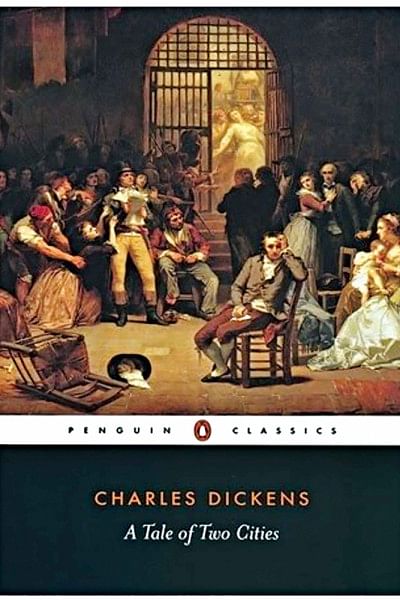
"Three passions, simple but overwhelmingly strong, have governed my life," wrote Bertrand Russell in the prologue to his autobiography: "the longing for love, the search for knowledge, and unbearable pity for the suffering of mankind."
— The Autobiography of Bertrand Russell
Russell, in the first sentence of his autobiography reveals the three passions that drive all human life. The longing for love because it relieves loneliness. The search for knowledge because it brings light even into the deepest and darkest corners of life. And an outstanding pity for mankind because even though love and knowledge "led upward toward the heaven," pity brings one back to Earth. The pure malice of which one longs to alleviate, but often fails and in that failure, he too suffers.
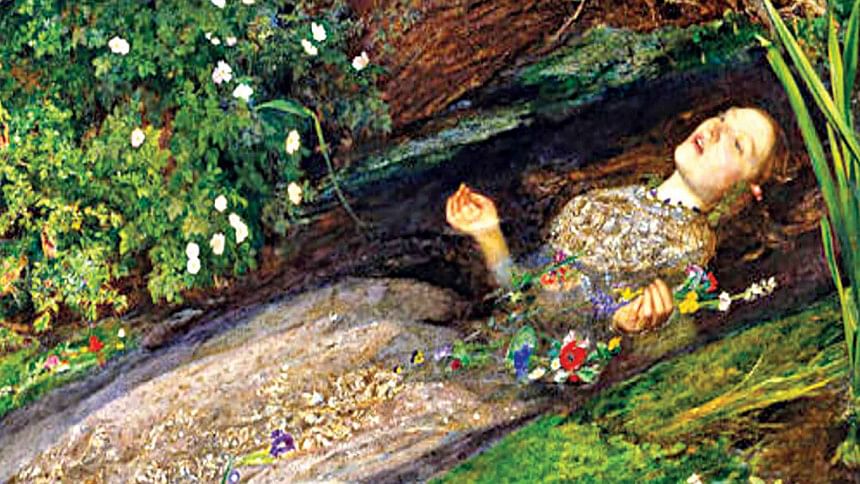
"It was the best of times, it was the worst of times, it was the age of wisdom, it was the age of foolishness, it was the epoch of belief, it was the epoch of incredulity, it was the season of light, it was the season of darkness, it was the spring of hope, it was the winter of despair."
— Charles Dickens, A Tale of Two Cities
The sentence paints a picture of controversy and contradiction in everything known and imaginable. There is contradiction in the fact that there are rich people in the world and that there are poor people in the world. There is controversy in the theory that in some way, the rich are poor and the poor rich. Therefore, Dickens portrays how a life or situation can never be completely negative or completely positive, there can never be absolute certainty or absolute uncertainty; life is a balance between all.
However, the quote is more usually related to the modern world in terms of inequality, distribution of wealth, etc.
………………………………………………
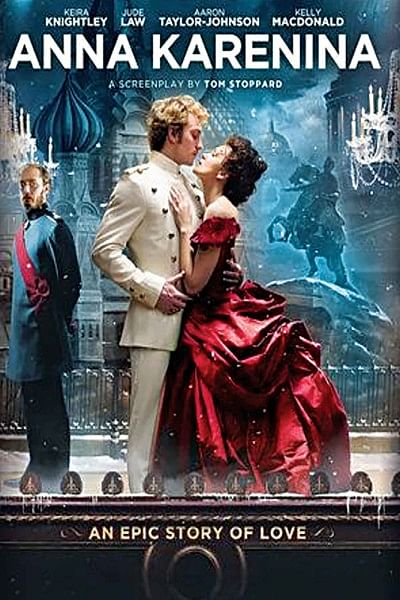
"To be, or not to be, that is the question:
Whether 'tis nobler in the mind to suffer
The slings and arrows of outrageous fortune,
Or to take arms against a sea of troubles
And by opposing end them. To die—to sleep,"
— Hamlet's Soliloquy Act 3, Scene 1
The opening puts forth the choice between life and death. Hamlet wonders that if it had not been for the uncertainty of death, would he have preferred not to live? The opening arises the phantom like ever present question: Is all this suffering of life worth it or would it be easier to just die?"
However sinister the questions raised by the poem may be, it is often related to the simple yet complex choices of life and human character. For example, should one be completely honest or should one sometimes lie. The conclusion of the introduction remains: there is not only uncertainty in death but in life as well. Ironically, we want death and not life for the very same reason: uncertainty.
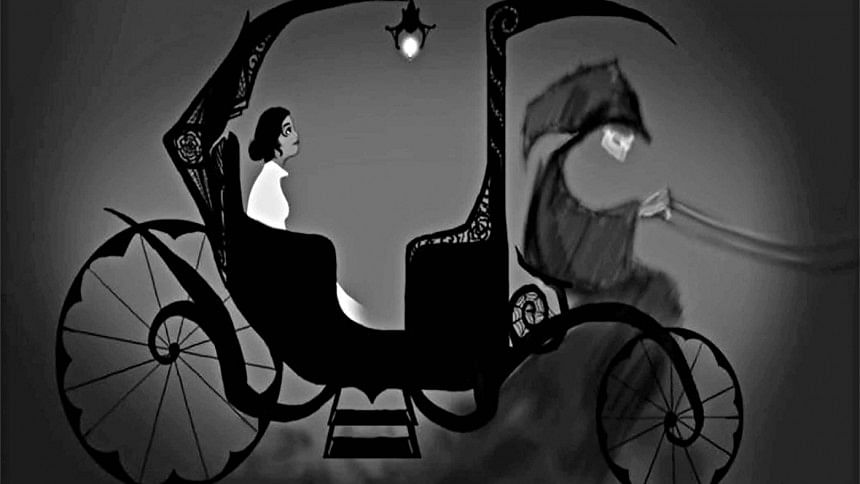
"Happy families are all alike; every unhappy family is unhappy in its own way."
— Anna Karenina by Leo Tolstoy
The opening sentence is in present tense, while the entire book is written in past tense. This means Tolstoy is declaring it a universal and timeless truth which, as grim as it may seem, it is.
Tolstoy states that certain characteristics must be present for a family to be and remain happy. Characteristics such as good health of all members, mutual affection, acceptable financial security, etc. If any of these characteristics are not met, the family is like to be unhappy. Therefore, every family is unhappy in its own different way.
This quote is often related to success and failure of anything and everything. Success has certain characteristics, but failure is unique for each.
………………………………………………
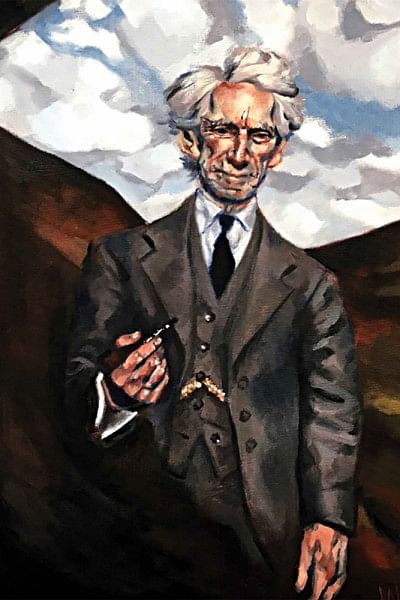
"Someone must have been telling lies about Josef K., he knew he had done nothing wrong but, one morning, he was arrested."
— The Trial by Franz Kafka
The Trial begins with the arrest of Josef K. who could find only one reason for his arrest: rumours. In the book, the trial is a metaphor for life and the opening seems to state that life only begins to feel like a trial when people talk behind each other's backs, which gives rise to false information, upon which a person's character is later judged and he, the declared guilty, must answer to the society, his judges, or he shall be hanged.
The opening line is a perfect imagery of Kafkaesque, a feeling every modern man is trapped within and often unable to get out for he rarely realises. Thus, he is left satisfying the whims of society, giving a trial for no reason.
………………………………………………
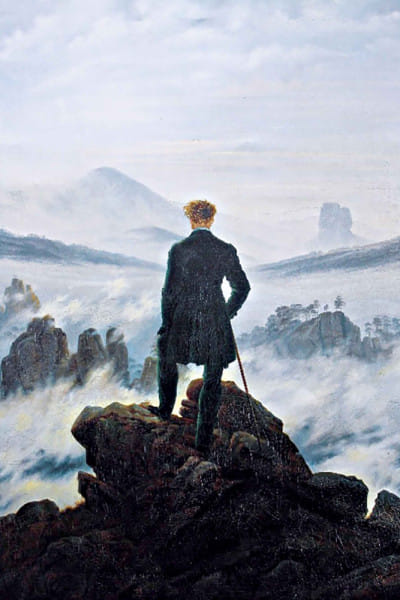
"Let me not to the marriage of true minds
Admit impediments. Love is not love
Which alters when it alteration finds,
Or bends with the remover to remove."
— Sonnet 116 by William Shakespeare
The poem attempts to define true love and succeeds to do so in the very first sentence. It states that true love is the love that is not diminished upon any discouragement. True love, if need be, goes against reason, against hope, against peace, against happiness and all discouragement that could be.
This is especially relevant to our society, because love now is often confused with benefits economic, financial, emotional, mental or social. However, true love goes beyond all those. True love is to love mercilessly without reason.
………………………………………………
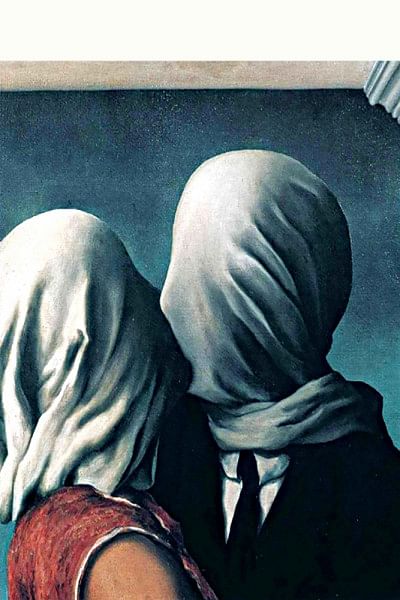
"We slept in what had once been the gymnasium."
— Margaret Atwood
With eight simple words, Atwood introduces a new genus of novels she calls Speculative fiction, a genus that attempts to speculate what the future may look like if society, economy, politics, etc. continue as they are.
Although Atwood works in dystopian speculative fiction which is a detailed and constructive criticism of society, speculative fiction can also be utopian and describe the strong characteristics of society. This is especially important because it is like a socio-economic thought experiment that allows us to make judgements about which decision is right and which decision is wrong for society. Speculative fiction is a thinking process which allows us to see the greater or underlying good or evil.
………………………………………………
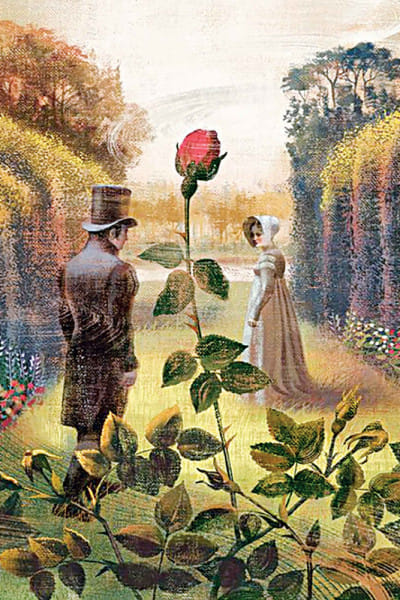
"It is a truth universally acknowledged, that a single man in possession of a good fortune, must be in want of a wife."
— Pride and Prejudice by Jane Austen
The famous opening has a subtle, unstated significance, not only because it establishes the contractility of advantageous marriage, but because it goes both ways and is an assumption made to satisfy one's desires.
It is just as likely that a lady of age must be in want of a man who is in possession of a good fortune.
As the sentence may contradict itself and undermine its second phrase, it shows how the social norm of advantageous marriage, one prevalent in Bangladesh, not only strips a woman of choice and love, but it also completely disregards what the man may want and his desirable qualities. The opening sentence redefined marriage in England at the time. The only thing that should push one to matrimony is the deepest form of love.
………………………………………………
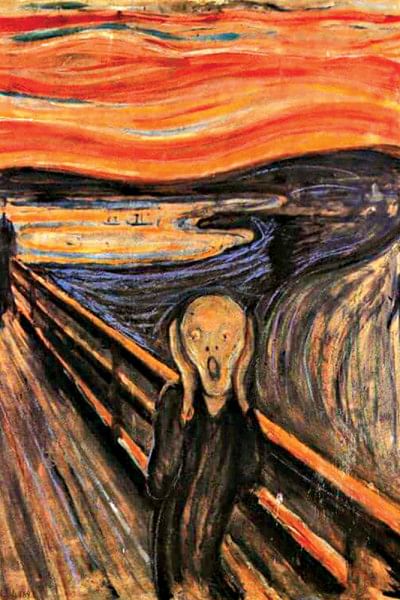
"Because I could not stop for Death –
He kindly stopped for me –
The Carriage held but just ourselves –
And Immortality."
— Because I Could Not Stop For Death by Emily Dickenson
The famous opening two lines contradict each other as the first states that the narrator could not stop for death, but the second states that death stopped for her. The fact that death appeared "kindly" gives the notion of the comforting, strange, natural, and haunting but yet often desirable nature of death.
The opening paragraph raises the question of immortality and would death truly be a tragedy or a peaceful utopia. The four-line personification of death is one of the best descriptions of death ever written.
Photo: Collected

 For all latest news, follow The Daily Star's Google News channel.
For all latest news, follow The Daily Star's Google News channel. 



Comments